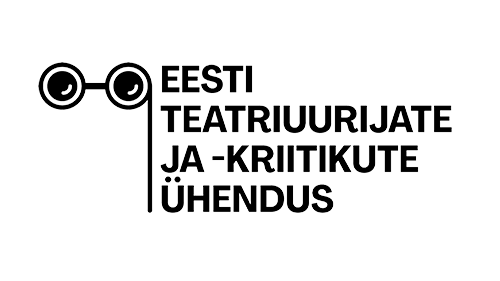University of Tartu, 4-5 September 2014
In the 21st century, identity questions have become more important again because of the new waves of immigration and the current political-economic crises. At the same time theatre is also changing: the identity of characters and performers is being questioned and theatre practitioners are searching for new ways of depicting the world.
In her book Identity, Narrative and Politics (2001) Maureen Whitebrook argues, “Identity is, primarily, a matter of the stories persons tell others about themselves, plus the stories others tell about those persons and/or other stories in which those persons are included. […] Then inasmuch as identity means something like ‘what the self shows the world’ or ‘what of the self is shown to the world’, together with ‘what of the self is recognized by the world’, the construction of identity – narrating identity – entails placing the self in the public sphere, and thus a capacity for taking on a political role. The political aspect of identity rests on an understanding of the self as social, ‘situated’, and narratives of identity as embedded in other stories, including the wider stories of social and cultural settings.”
She stresses that the construction of identity is a collective act, which relies on performing identity and the approval or rejection of that performance. As a medium that creates direct, collective and multimodal communication between people, theatre deserves special attention in the discourse of identity building.
In postmodernism we became used to fragmented and fluid identities. But does this mean that in post-post-modernism (meta-modernism) the arts seem to suggest a move towards coherent identities again? In this conference we would like to discuss a wide range of identificatory characteristics, such as nationality, citizenship, regional or local identity, race, ethnicity, family, language, class, sex/gender, religion, political affiliation, sport affiliations, life style, and taste. Papers could focus on some of the following topics:
– Hierarchy of identities
– Hybridity of identities
– Mythmaking and identities
– Redefining traditional identities
– Quest for European identity
– Symbols and signs of identity
– Inclusion versus exclusion (I/us versus the Other)
– Labelling the others
– Collective sense-making in theatre
Please send 100-150 word abstracts to Anneli Saro (anneli.saro@ut.ee) before 15 June 2014.
Organising committee:
Anneli Saro (University of Tartu)
Steve Wilmer (Trinity College Dublin)
Luule Epner (University of Tartu, Tallinn University)
Magnús Thór Thórbergsson (Iceland Academy of the Arts)
Riina Oruaas (University of Tartu, Estonian Association of Theatre Researchers and Theatre Critics)
